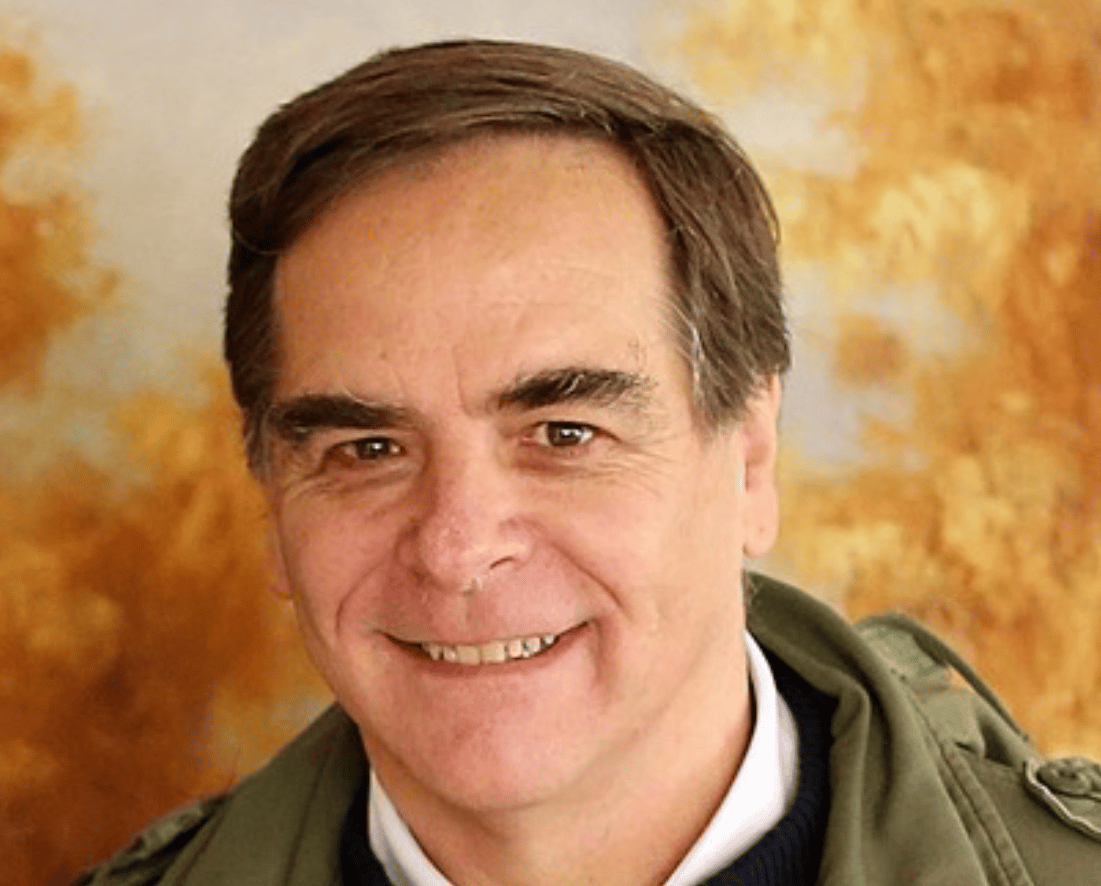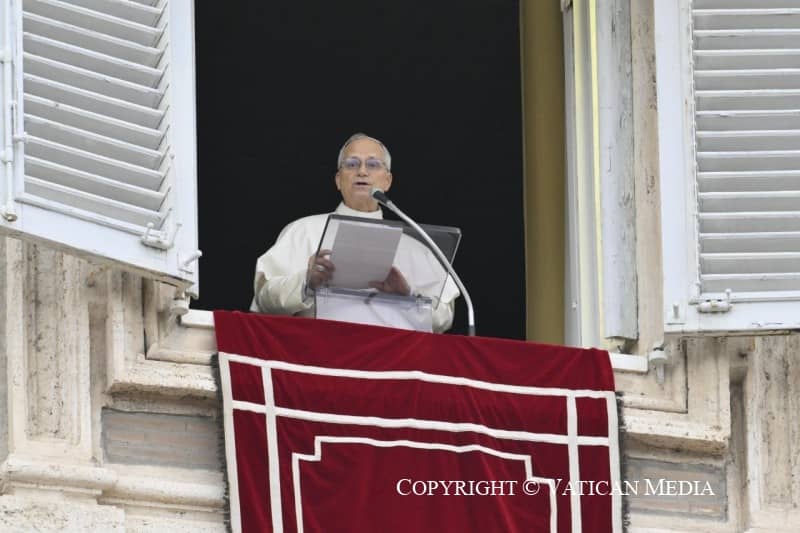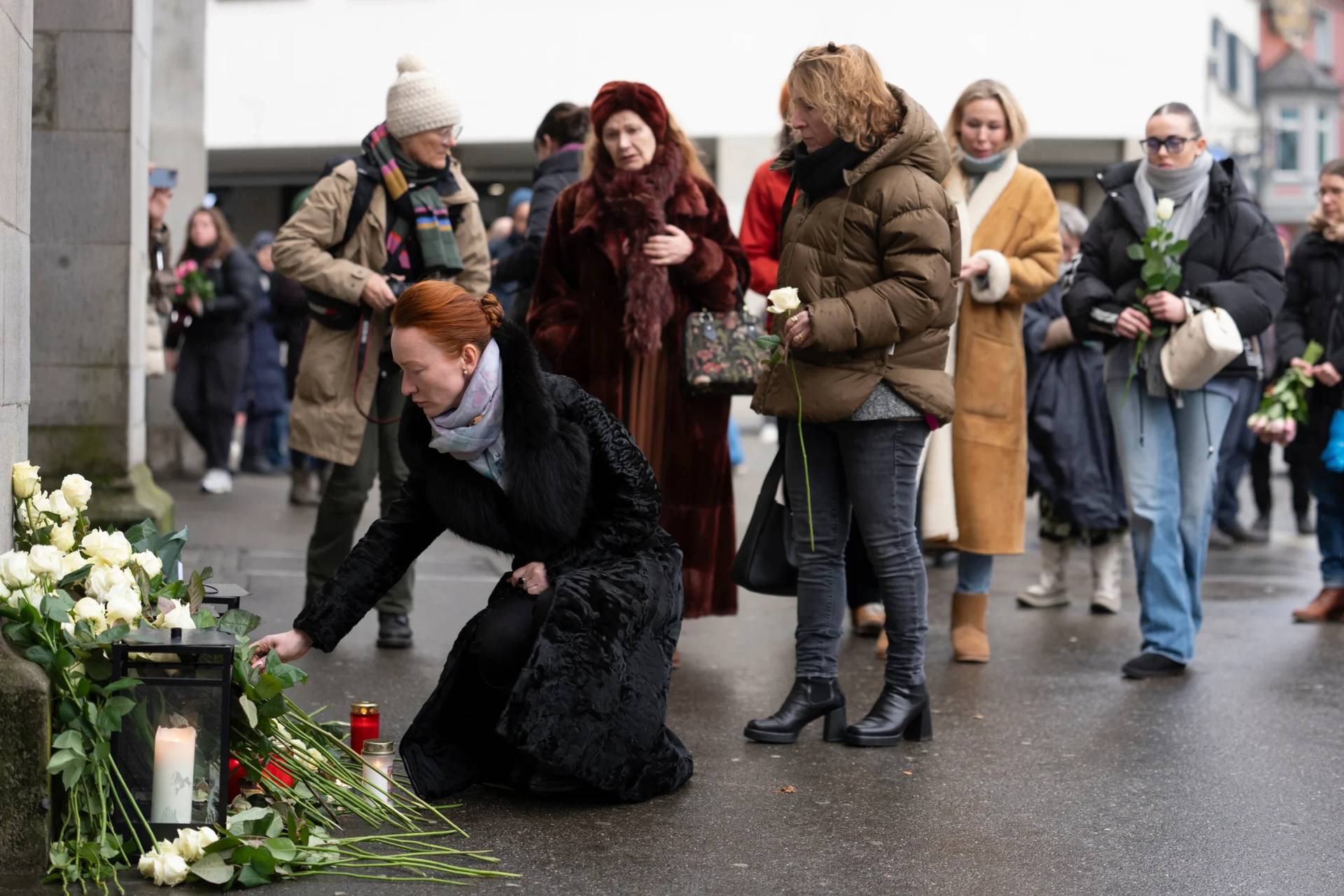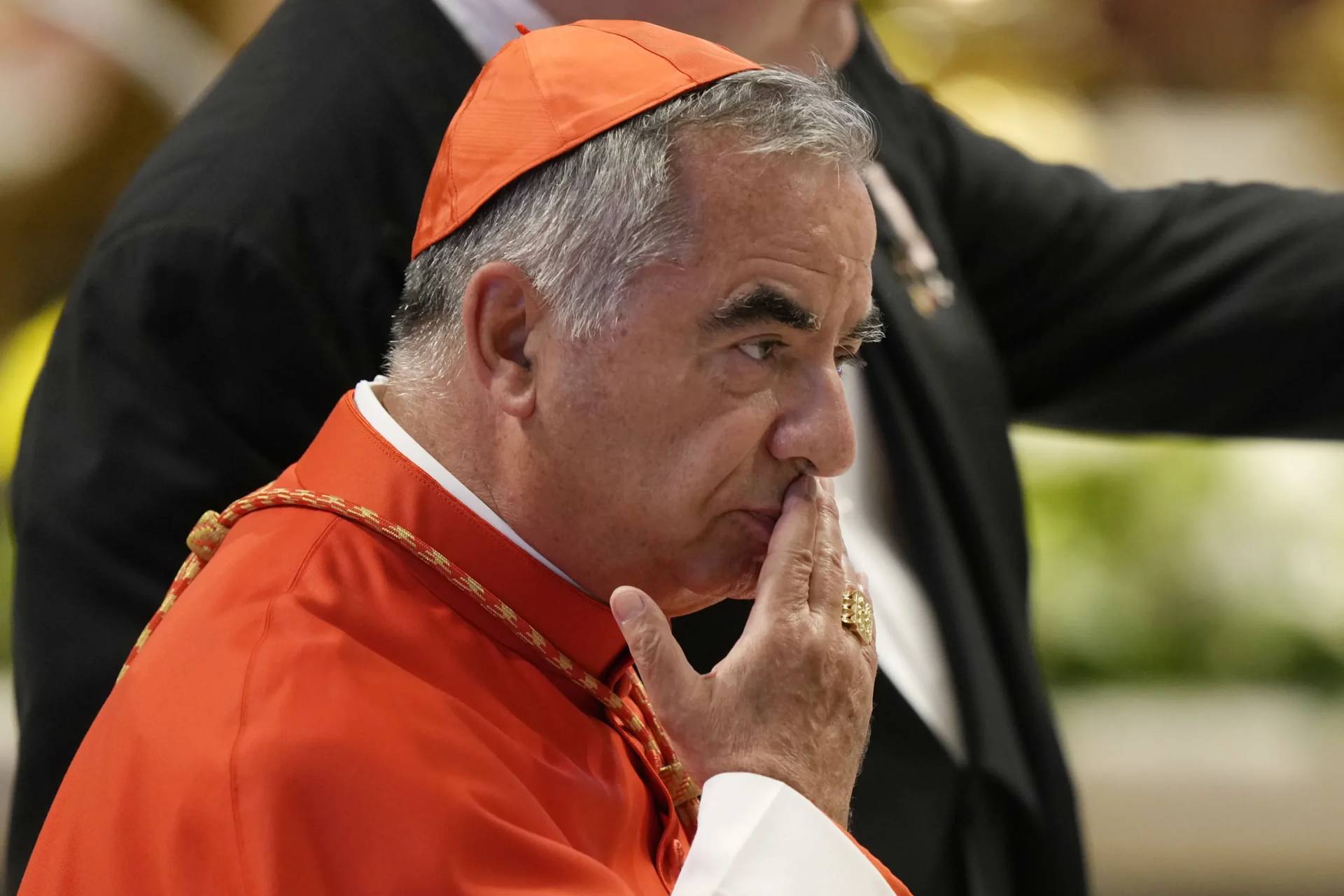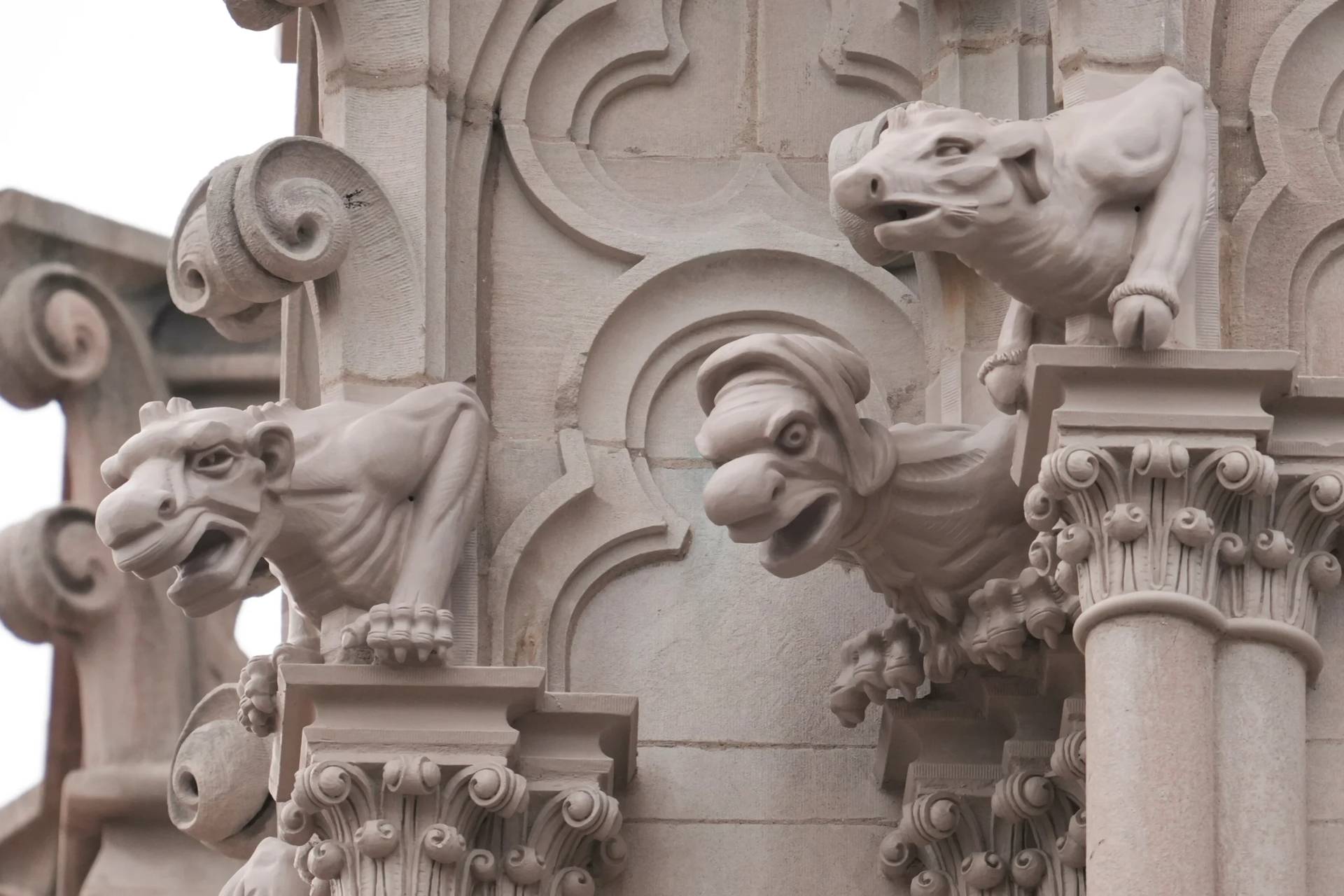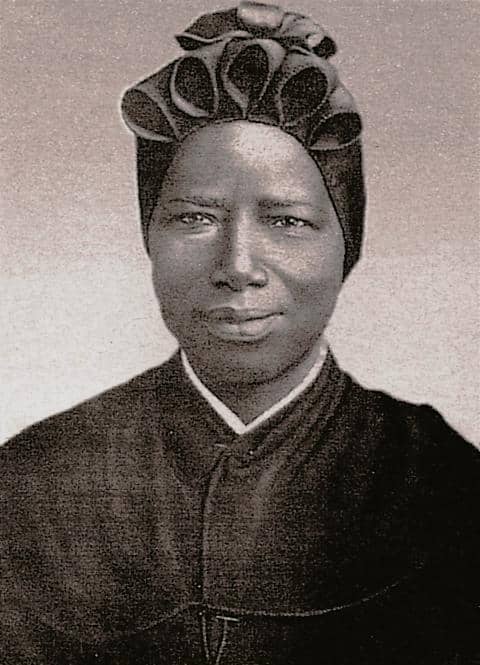LEICESTER, United Kingdom – A top Vatican diplomat says the environment is an issue that help the dialogue between the Holy See and the People’s Republic of China.
On Oct. 4, the Vatican hosted a meeting of world faith leaders that issued an appeal for the international community to commit to achieve net-zero carbon emissions as soon as possible during the upcoming UN environment summit scheduled to take place next month in Glasgow.
Among the faith traditions involved in the meeting was Confucianism, the primary religious-philosophical system associated with the Chinese people.
Speaking to BBC Radio 4’s Sunday, Archbishop Paul Gallagher said the environment was a topic that the Vatican sees as an opportunity to dialogue with China.
“We are committed to speaking and dialoguing with anybody who is willing to speak to us,” said Gallagher, who serves as the Vatican’s Secretary for Relations with States, answering a question specifically about Vatican-China relations.
“In some ways, this is an opportunity to share on something which is, if you like, not explicitly pure theology over which we might find ourselves very much disagreeing, but taking a common challenge to humanity in which we can then approach that in a religious and in a theological way, but the thing we have in common possibly is much greater than the things that divide us,” he said.
During his pontificate, Pope Francis has been courting mainland China, most notably by signing a provisional agreement with Beijing on the appointment of bishops in 2018.
However, the Communist regime has recently been cracking down on religious believers in the country, and pursued a policy of “religious Sinicization” in order to make faith communities more “Chinese.”
Despite these challenges, various Vatican officials have said that negotiating with Beijing is more productive in the long-term than confrontation.
Gallagher also spoke to the BBC about the larger theme of the role of faith communities in protecting the natural world.
“The fact that nature, the world, the environment is a gift to us. It is not something we are given to destroy or to dominate in a negative way,” he said.
“Our common home, as Pope Francis calls it, is something that we are given for our enrichment – and to sustain us, yes – an environment in which we can grow spiritually and humanly, but it is not something that we are here to abuse. It is something we have to cherish and take care of,” the archbishop said.
“This is something that you cannot run away [from]; it’s coming from within your soul. I think it’s there – drawing on faith and conviction – that people will find the strength and the courage to make the changes in their own lives, in the lives of our societies and our countries … from the smallest individuals saying, ‘What can I do?’ to the people who are obviously making major contributions to pollution or whose activities are destroying the oceans, et cetera,” he added.
Finally, when pressed about the long-rumored but unconfirmed papal trip to Glasgow to attend the COP26 summit in Glasgow, Gallagher demurred from stating whether Francis would definitely attend.
“That’s way above my pay scale, I am afraid. There is a chance, but no official announcement has been made.”
Follow Charles Collins on Twitter: @CharlesinRome









